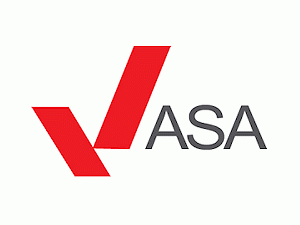 The Advertising Standards Authority (ASA), the UK’s independent regulator for advertising across all media, has recently taken an interesting stance on some F2P tactics when it ruled that the way some F2P games directly pressure children to make in-game purchases is wrong. While the actual ruling is specifically against Bin Weevils and Moshi Monsters, which are primarily browser games but with plenty of mobile offshoots, the ASA ruling refers to IAPs in general. For ASA, the first issue with these games was how they hid certain additional benefits behind a paid-membership system. Players were constantly pushed towards membership-only benefits and were put in situations where when they lost in a minigame with limited attempts, they were prompted to buy more “lives" by becoming a member.
The Advertising Standards Authority (ASA), the UK’s independent regulator for advertising across all media, has recently taken an interesting stance on some F2P tactics when it ruled that the way some F2P games directly pressure children to make in-game purchases is wrong. While the actual ruling is specifically against Bin Weevils and Moshi Monsters, which are primarily browser games but with plenty of mobile offshoots, the ASA ruling refers to IAPs in general. For ASA, the first issue with these games was how they hid certain additional benefits behind a paid-membership system. Players were constantly pushed towards membership-only benefits and were put in situations where when they lost in a minigame with limited attempts, they were prompted to buy more “lives" by becoming a member.
This constant and direct exhortation to buy a membership package didn’t belong in a game primarily targeted at children according to ASA. ASA states that it’s unacceptable for F2P games to contain “language and prominent calls to action that put pressure on young players" to pay for additional gameplay. ASA’s comments on IAPs go beyond these two specific games as ASA points out in the ruling that IAP issues like the ones that appear in these two games are widespread since these IAP tactics can be found on games for laptops, mobile phones, or other electronic devices with mechanisms to purchase IAPs. Now, I know many will say that it’s the players’ responsibility to resist any pressure put upon them by game developers, and I partly agree.
However, I’ve seen children playing F2P games in my everyday life, and most children cannot understand the difference between premium currency and in-game currency; if the game says use one Gold Coin to continue, they just pay to continue. And, of course, most F2P games don’t explain how limited premium currency will be and even use it very early in the tutorial as a magical pill that can ensure you won’t have to wait for your next building to be completed or tree to grow. So, although I think F2P is a fine monetization model when done right, I can’t say I disagree with more protection for children playing these games. Now it remains to be seen whether this ASA ruling will trickle down to the rest of the gaming world or whether it will stay a UK-only ruling since the rules ASA is enforcing are UK-specific.